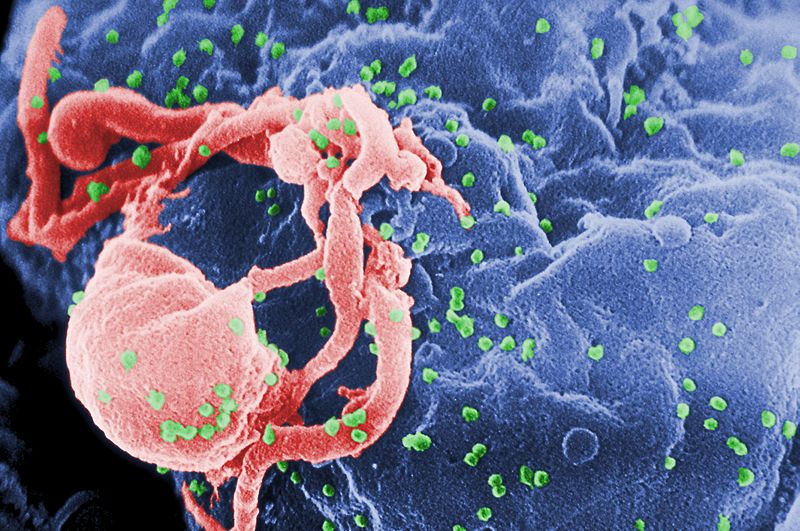ViiV’s first-in-class HIV drug on course for filings this year

ViiV Healthcare has new data on its first-in-class HIV drug fostemsavir that back up its long-term effects, and keep it on course for first regulatory filings later this year.
Updated results from the phase 3 BRIGHTE study show that the attachment inhibitor – which binds to glycoprotein 120 (gp120) on the envelope of HIV – continues to suppress the virus in patients treated for up to 96 weeks.
Fostemsavir is aimed at people with HIV who have been receiving drug therapy for a long time and are struggling to keep the virus under control.
It complements ViiV’s strategy of developing two-drug and depot injection products for newly-diagnosed HIV patients and those who may want to switch from other regimens, as it jostles for market share with Gilead.
While new antiretroviral therapy combinations have transformed the prospects for HIV patients, simplifying their daily dosing and reducing side effects, new options are still needed for those who have been living with the virus for a protracted period.
The new drug is designed as an add-on drug to patients’ current drug regimen in cases where “resistance, safety, tolerability, contraindications and prior treatment failure” are compromising care, according to Kimberly Smith, head of global research and medical strategy at ViiV.
The company – which is majority-owned by GlaxoSmithKline with Pfizer and Shionogi also shareholders – presented the new results at the International AIDS Society Conference of HIV Science (IAS 2019) in Mexico City, which started yesterday.
“We believe searching for new ways to prevent the virus from replicating is important, especially for those who develop resistance to their treatment regimens,” said Smith.
Fostemsavir, a prodrug which converts to the active form temsavir in the body, inhibits the interaction between HIV and CD4+ T cells, preventing viral attachment and entry. Its mechanism of action means there is no cross-resistance to other classes of antiretrovirals, says ViiV, and so it can help patients who have become resistant to most other medicines.
After 96 weeks’ treatment in BRIGHTE, 60% of patients in the fostemsavir group had viral suppression, up 6% on earlier 48-week results, and two-thirds showed continued immunologic improvement with an increase in CD4+ T-cell counts.
There were 29 deaths in the study cohort, 18 considered to be related to AIDS or acute infections, with the risk of dying considerably increased in patients with low CD4+ counts.
ViiV Healthcare says it plans to start filing fostemsavir marketing application later this year, starting in the US.












